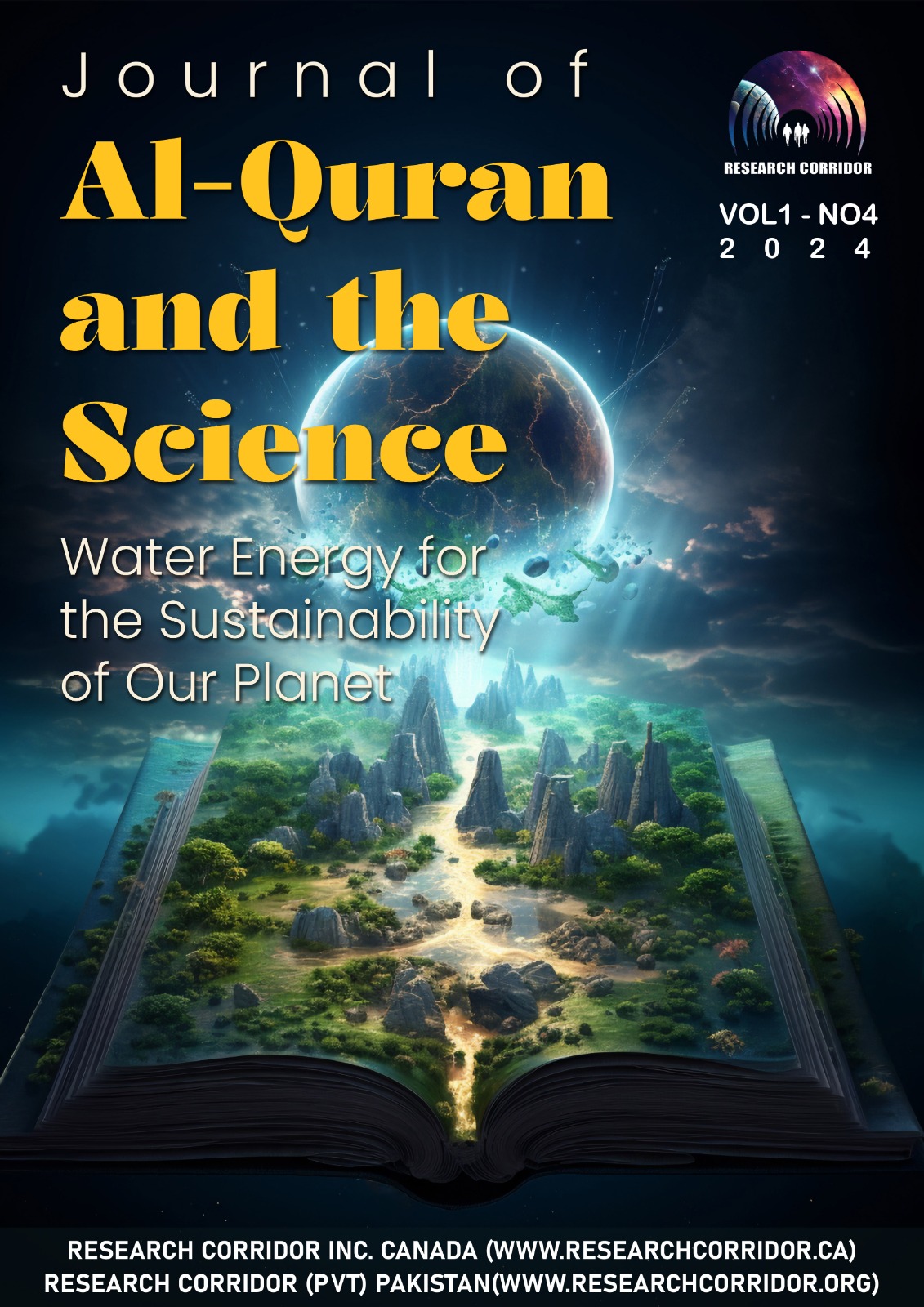Islamic Perspectives on Time and Space: From Ibn Sina to Modernity
Keywords:
Islamic philosophy, time and space in Islam, Ibn Sina, Islamic metaphysics, Al-Farabi, Al-Ghazālī, divine eternity, Qur’anic cosmology, relativity in Islam, motion and existence, Islamic theology, medieval Islamic science, philosophy of time, Islamic astronomy, space-time continuum.Abstract
Islamic thought has long engaged with the concepts of time and space, integrating philosophical, theological, and scientific perspectives. From classical scholars like Ibn Sina (Avicenna) and Al-Farabi to contemporary discussions in physics and metaphysics, the Islamic worldview presents a dynamic understanding of time and space that transcends mere physical dimensions. Ibn Sina, in particular, explored time as a continuum connected to motion and existence, while Islamic theologians such as Al-Ghazālī debated the nature of temporality in relation to divine eternity. The Qur’an itself offers profound reflections on time, emphasizing its relativity and its significance in human existence. Modern physics, especially Einstein’s theory of relativity, resonates with certain Islamic perspectives on the fluidity and interconnectivity of time and space. This study examines classical Islamic interpretations alongside contemporary discussions in philosophy and science to explore how these concepts have evolved over time. It highlights the intersections between Islamic metaphysics, astronomy, and modern cosmology, demonstrating the relevance of traditional Islamic thought in contemporary debates. Furthermore, the paper discusses how the understanding of time and space in Islamic philosophy has influenced disciplines such as theology, mathematics, and cosmology. The findings suggest that Islamic perspectives on time and space, deeply rooted in intellectual traditions, continue to offer valuable insights into scientific and philosophical inquiries, bridging past wisdom with modern advancements.





